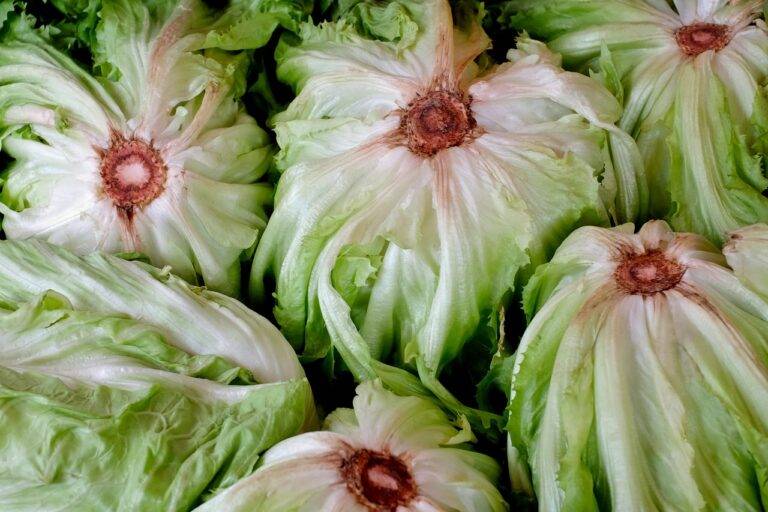The Art of Food Fermentation: Harnessing Microbes to Transform Flavors and Textures.
Food fermentation is a natural process that involves the transformation of sugars in food into acids, gases, or alcohol by microorganisms such as bacteria, yeast, or mold. This process has been utilized for centuries by various cultures worldwide to not only preserve food but also enhance its flavor and nutritional value.
During fermentation, these microorganisms break down the complex molecules in food into simpler compounds, making the nutrients more accessible to the human body. This results in an increase in beneficial enzymes, probiotics, and vitamins, contributing to improved digestion and overall gut health. Fermentation also helps to increase the shelf life of perishable food items and reduce food waste, making it a sustainable practice with numerous health benefits.
Benefits of Food Fermentation
Fermented foods are packed with probiotics, which are beneficial bacteria that support gut health. These probiotics aid in digestion, boost immunity, and contribute to overall well-being. Consuming fermented foods like kimchi, sauerkraut, and yogurt can help maintain a healthy balance of gut bacteria, leading to improved digestion and a stronger immune system.
Furthermore, the process of fermentation enhances the nutritional value of foods. Fermented foods often have increased levels of certain vitamins, minerals, and antioxidants compared to their non-fermented counterparts. For example, fermented dairy products like kefir contain higher amounts of B vitamins and beneficial enzymes, making them a nutrient-dense option for those looking to support their health through diet.
What is food fermentation?
Food fermentation is a process in which microorganisms such as bacteria, yeast, or molds break down the sugars and starches in food into acids, gases, or alcohol. This process not only preserves the food but also enhances its flavor and nutritional value.
What are the benefits of food fermentation?
Food fermentation has several benefits, including increasing the shelf life of food, enhancing its flavor and aroma, making it more digestible, and boosting its nutritional value by increasing the presence of beneficial bacteria and enzymes.
Are fermented foods safe to eat?
Yes, fermented foods are safe to eat as long as they are prepared and stored properly. The fermentation process creates an acidic environment that prevents the growth of harmful bacteria, making the food safe to consume.
What are some examples of fermented foods?
Some common examples of fermented foods include yogurt, sauerkraut, kimchi, kombucha, miso, tempeh, and sourdough bread. These foods are not only delicious but also provide numerous health benefits.
Can anyone consume fermented foods?
Most people can safely consume fermented foods, but those with compromised immune systems or certain health conditions should consult with a healthcare professional before adding fermented foods to their diet.





